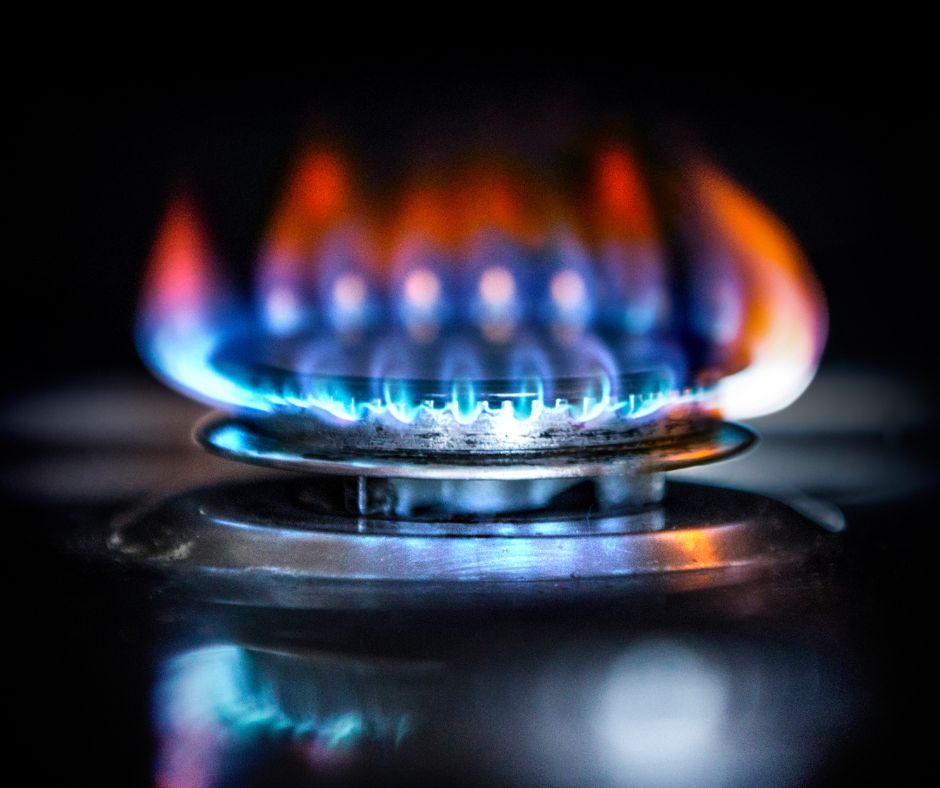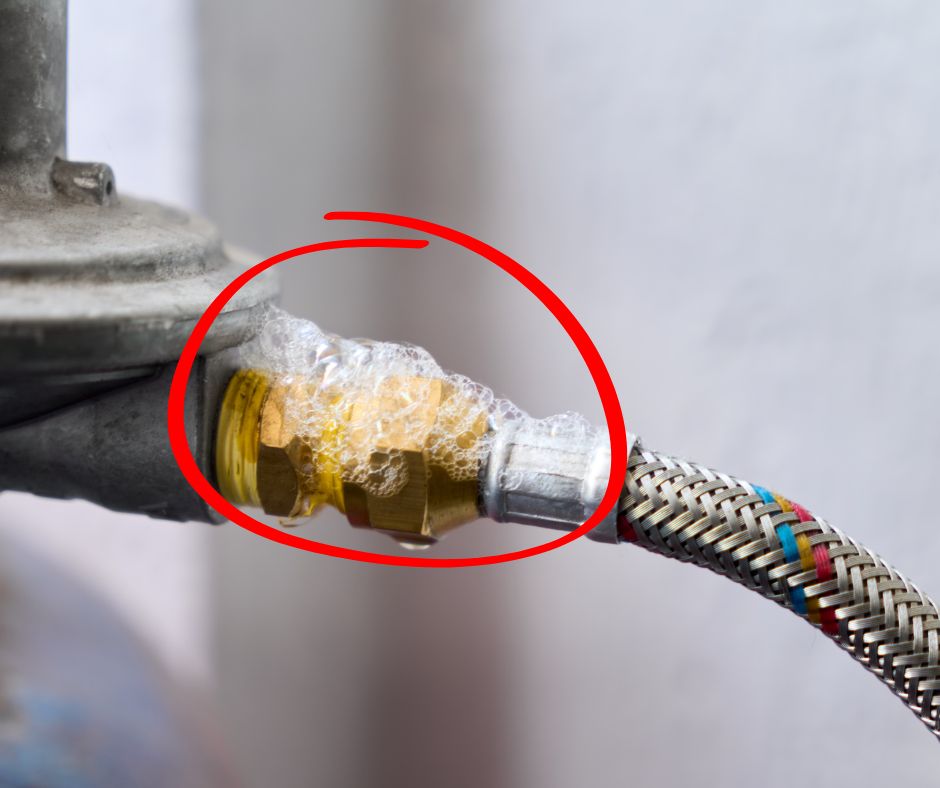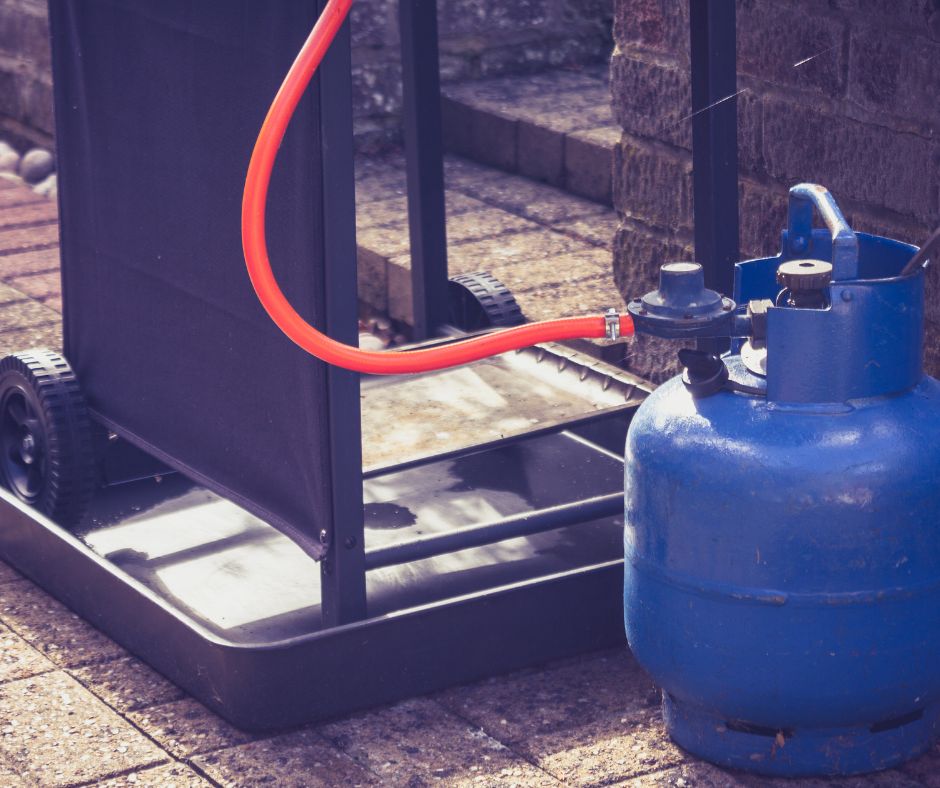Essential Insights for Identifying Dangerous Gas Leak Signs in Your Home
It is crucial to identify the prevalent signs of a gas leak to protect both your safety and that of your family and pets. If you detect a potent odor similar to rotten eggs, hear a faint hissing or whistling sound emanating from your gas appliances or piping, observe yellow or orange flames instead of the standard blue, or if you frequently experience unexplained headaches or dizziness, these could all be serious warning signs of a gas leak. Additionally, pay attention to any wilting plants around outdoor gas lines, as this may indicate a significant problem. If you notice any of these alarming symptoms in your Wollongong residence, it is vital to immediately shut off your gas supply at the meter, open windows for ventilation, and contact a licensed gasfitter for urgent assistance.

When to Seek Immediate Help from a Gasfitter During Emergencies
Encountering a gas leak is a critical situation that requires prompt and decisive action; procrastination can lead to severe consequences. A single spark has the potential to transform an otherwise safe home environment into a hazardous area. Gas leaks can arise from numerous sources, such as compromised connections, outdated appliances, or even deterioration in underground gas lines. Swift identification and immediate response are essential to prevent injuries, property damage, or even life-threatening incidents. Homes in Wollongong, particularly those equipped with older gas heaters or poorly ventilated systems, are at heightened risk if their gas systems lack regular inspections. This comprehensive guide will empower you with the insights needed to recognize a gas leak, understand the immediate steps you should take, and know when to contact a licensed gasfitter for emergency repairs.
Key Indicators That Suggest a Gas Leak in Your Home
1. Detecting the Distinctive Odor of Rotten Eggs
Although natural gas is inherently odorless, gas suppliers intentionally add a chemical called mercaptan, which emits a strong, sulfur-like scent, to aid in the detection of leaks. If you suddenly notice a pungent smell reminiscent of rotten eggs, it is crucial to take this warning seriously. This unmistakable odor acts as an urgent alert that gas may be leaking within your premises, prompting you to take swift action to safeguard everyone’s well-being.
2. Listening for Hissing or Whistling Noises Near Gas Appliances
A common indicator of a gas leak is the sound of gas escaping under pressure from a pipe or connector, often manifested as a soft yet discernible hissing noise. If you hear any such sounds near your gas appliances or in the vicinity of gas lines, it may be indicative of a leak. Always remain vigilant and investigate any unusual noises, as they could represent a significant safety issue that necessitates immediate professional assessment.
3. Observing Flames with Unusual Colors in Your Gas Appliances
Gas cooktops and heaters are designed to produce a clean, vibrant blue flame. If you notice that the flames appear yellow or orange, or flicker erratically, it could signal incomplete combustion, possibly due to gas leaks or obstructions within the system. Spotting such discolored flames is a critical warning sign that something is amiss with your gas appliances, and it requires immediate attention to prevent further complications.
4. Noticing Unexplained Physical Symptoms Among Residents
If you or your family members frequently experience symptoms such as headaches, dizziness, nausea, or fatigue while indoors, these physical reactions might indicate gas exposure or a buildup of carbon monoxide in a confined space. Such symptoms are serious and should never be ignored. It is essential to recognize these signs and take appropriate precautions, as they may suggest a perilous situation that demands urgent intervention from a licensed gasfitter.
5. Observing Wilting Houseplants or Dying Outdoor Vegetation
Gas leaks that occur near outdoor gas lines or beneath flooring connections can lead to the gradual decline of surrounding vegetation. This happens because the escaping gas displaces oxygen in the soil, making it challenging for plants to thrive. If you see wilting or dying indoor plants or outdoor greenery close to these areas, it may be indicative of a gas leak that requires immediate evaluation by a qualified professional.

Essential Steps to Take If You Suspect a Gas Leak
1. Promptly Shut Off the Gas Supply
Locate your gas meter and turn the valve clockwise to cut off the gas supply to your home. This valve is usually positioned on an exterior wall, either at the front or side of your property. Taking swift action at this juncture is critical for ensuring safety and mitigating risks.
2. Refrain from Using Any Electrical Devices
Do not switch on lights, appliances, or any electrical outlets. Even the tiniest spark from an electronic device can ignite leaked gas, leading to potentially disastrous consequences. Maintain a safe distance from any electrical sources until the situation has been assessed by professionals.
3. Open All Windows and Doors for Adequate Ventilation
Ensuring proper airflow is essential for alleviating the dangers associated with gas accumulation. Open all windows and doors to facilitate the circulation of fresh air; cross-breezes are particularly effective in dispersing gathered gas. This step is vital for reducing the concentration of gas in the environment.
4. Avoid Attempting Repairs Yourself
Only licensed gasfitters are legally authorized to repair or reconnect gas systems in NSW. Any attempt to interfere with the system can introduce additional hazards and may void your insurance coverage. It is crucial to leave repairs to qualified professionals who have the necessary expertise and training.
5. Contact a Licensed Gasfitter Without Delay
If you suspect a gas leak, reach out to a licensed gasfitter for emergency response services in Wollongong and surrounding areas. Contact CS Plumbing’s licensed gas services or our 24/7 emergency plumbing team for prompt and professional assistance with your situation.
Navigating Compliance with NSW Gas Safety Regulations for Your Residence
In New South Wales, all gasfitting work must adhere to the Gas and Electricity (Consumer Safety) Act 2017, which ensures that the highest safety standards are maintained. All gas work must be performed by a licensed gasfitter to comply with these critical regulations.
After completing any regulated work, it is advisable to obtain a Certificate of Compliance to verify that all safety standards have been fulfilled. As a homeowner in Wollongong, you have the legal responsibility to ensure that your gas appliances and installations are maintained and repaired exclusively by licensed professionals to guarantee safety and compliance.
Proactive Measures to Prevent Future Gas Leaks in Your Home
- Schedule annual gas safety inspections, particularly before the winter heating season, to ensure all systems are functioning properly.
- Replace old flexible gas hoses and bayonet fittings that appear cracked or brittle to prevent potential leaks.
- Keep vents and exhausts free from obstructions to ensure proper airflow and ventilation in your home.
- Regularly inspect for corrosion on outdoor connections, especially after heavy rainfall or exposure to coastal conditions.
- Utilize only reputable, certified gas appliances to enhance safety and efficiency within your home.

The Article: Detect and Respond to a Gas Leak in Your Wollongong Home first appeared on https://writebuff.com
The Article Gas Leak Detection and Response for Your Wollongong Home Was Found On https://limitsofstrategy.com





No responses yet